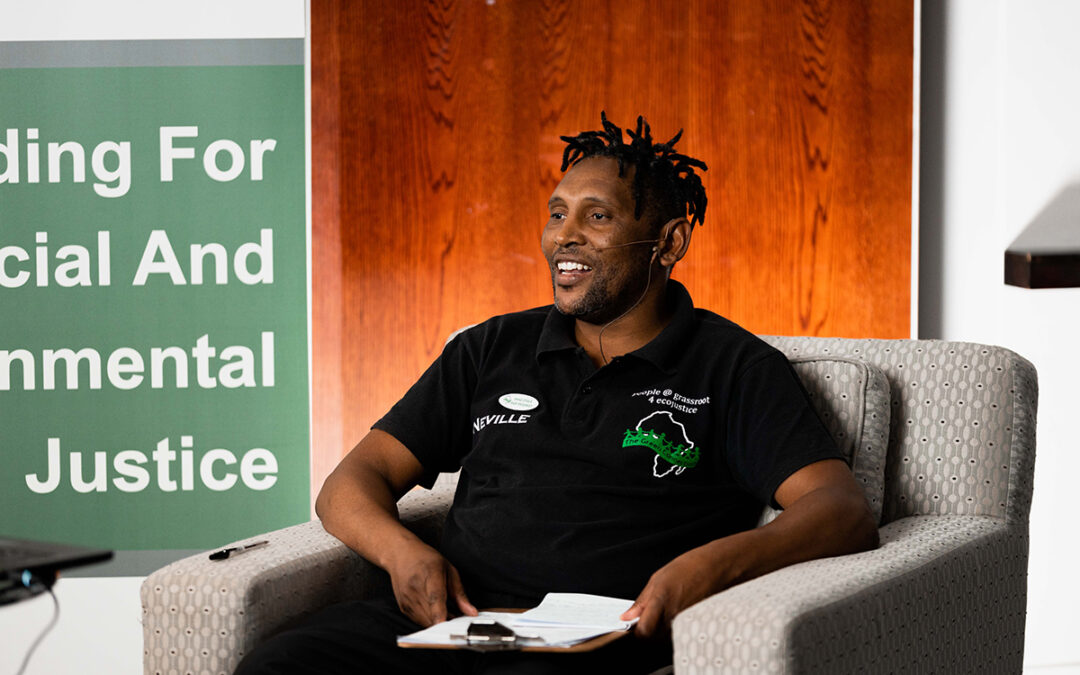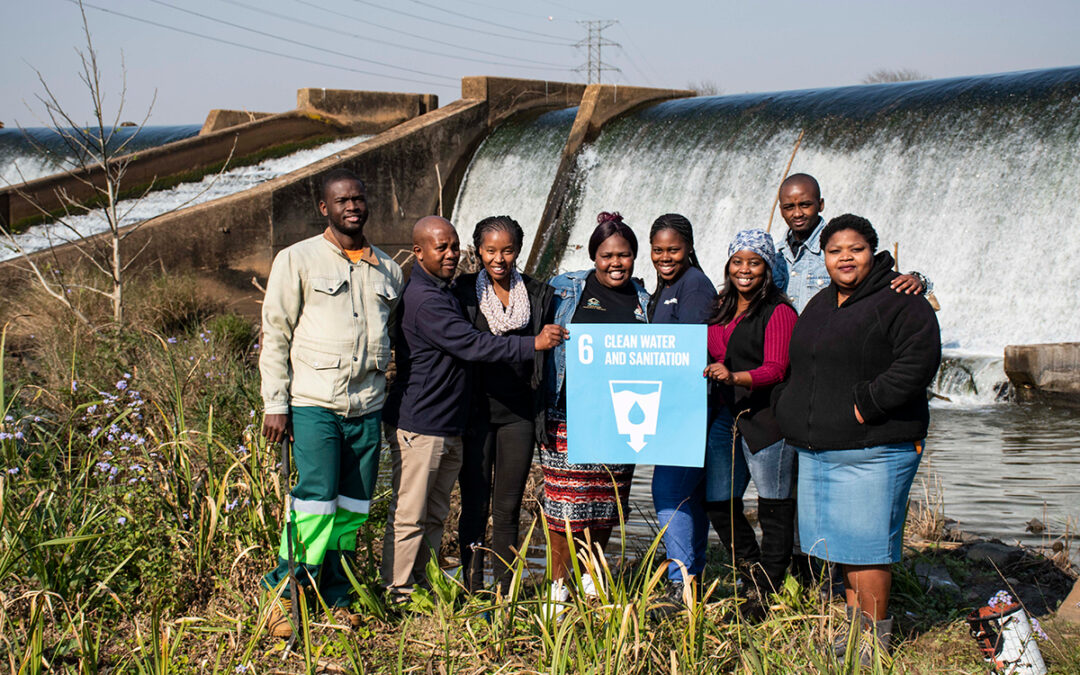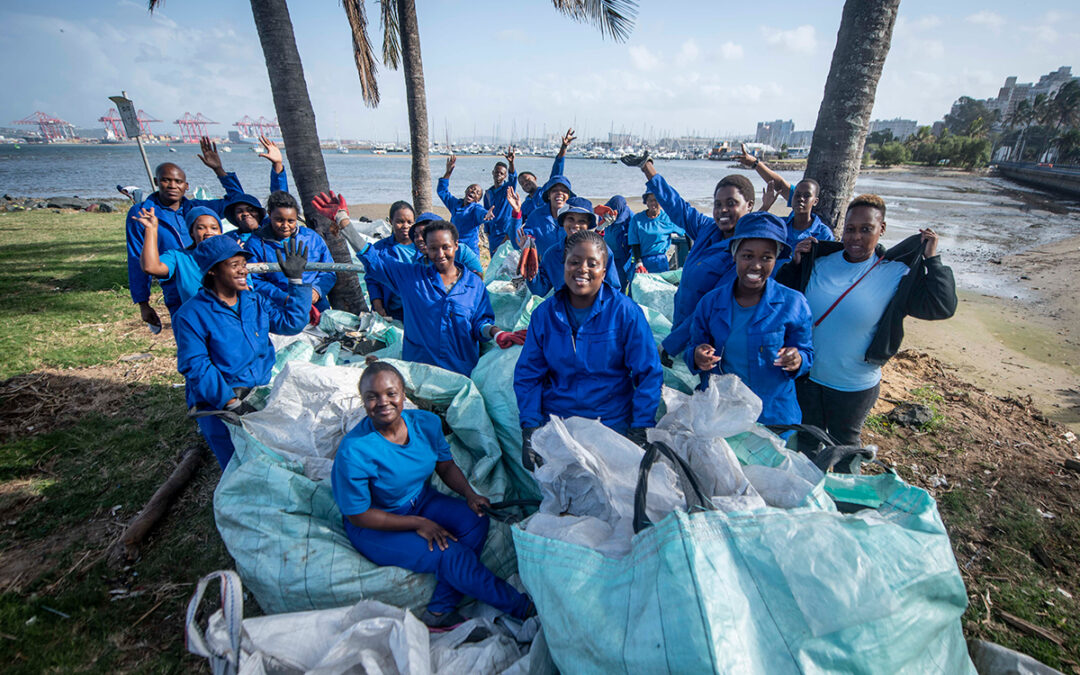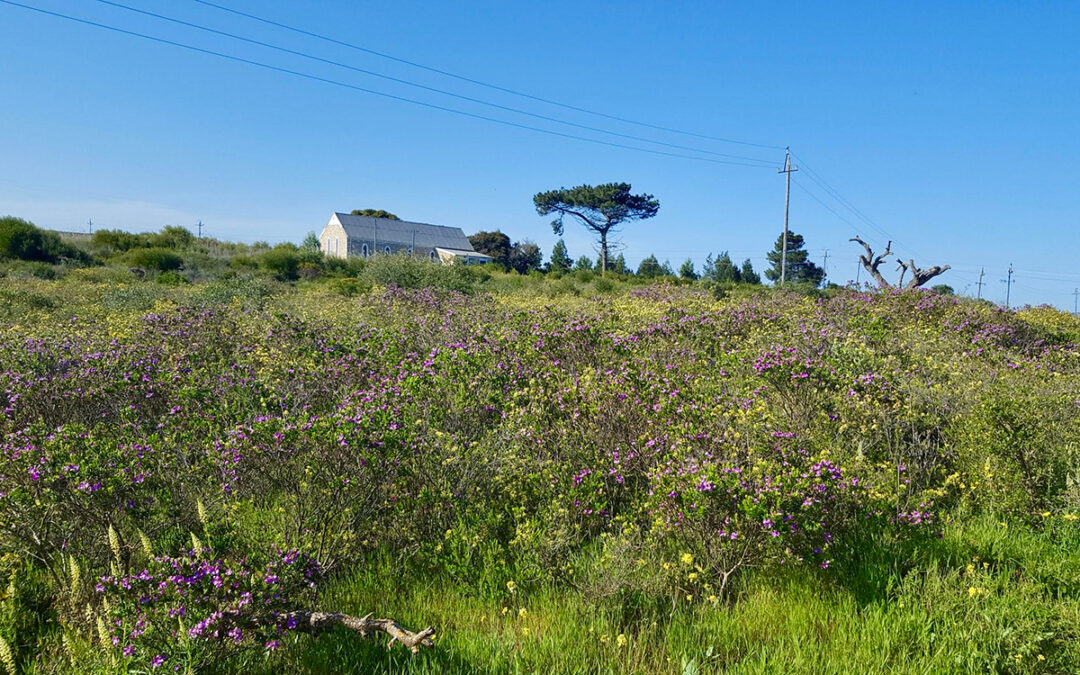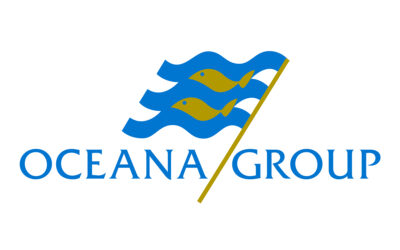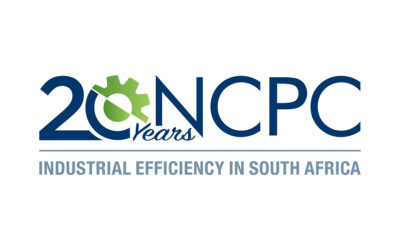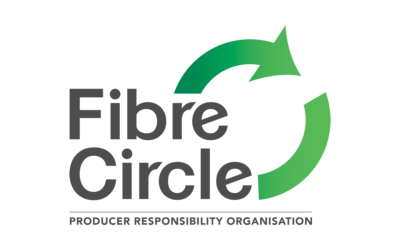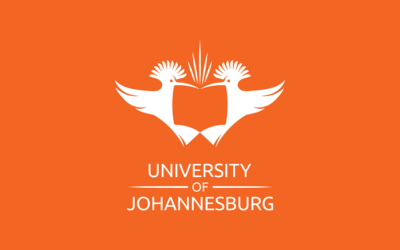The ocean has always been an important place for Cameron Service, who grew up near the beaches of Durban. While working as a trail builder, he found himself confronted with the ugly reality of plastic pollution, which inspired him to start The Litterboom Project, a river waste interception programme.
“What started as a passion project for me to do more in my personal capacity has led me on a journey where we have achieved far more than I ever anticipated,” he says.
The Litterboom Project installs floating barriers across rivers that collect plastic waste upstream before it reaches the ocean. The design is low-tech, easy to install and manage, and is designed to exist in the wild without being stolen.
The first Litterboom was installed by one team working part-time in KwaZulu-Natal’s Umgeni River. Service now employs 30 staff members and there are more than 30 Litterbooms installed along various South African rivers. “It is encouraging to see the scalability of this solution, which gives me hope that we can solve our plastic pollution problem,” says Service.
He believes the key to creating long-term solutions is a blended approach: tackling environmental problems alongside social and economic issues. “Treating the environmental plastic pollution problem without considering livelihoods or waste management infrastructure ensures you will never achieve true sustainability,” he says. As well as tackling pollution hands-on, The Litterboom Project also focuses on education concerning environmental issues and systematically creating change.
The Litterboom Project has partnered with a number of private sector companies to develop more ways to “future-proof” the ecosystem. “The hope is to be able to have something replicable and scalable for not only South Africa, but also globally for countries with similar challenges to us,” says Service.
“Treating the environmental plastic pollution problem without considering livelihoods or waste management infrastructure ensures you will never achieve true sustainability.”

